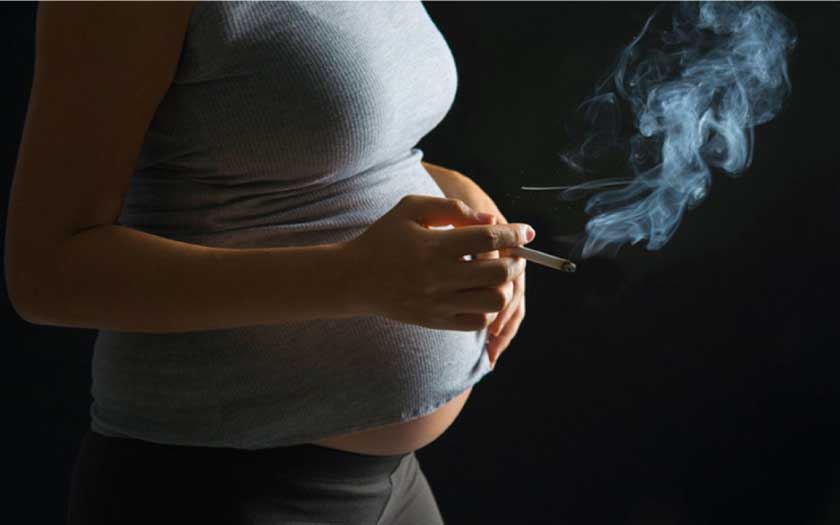The dangers of smoking are now common knowledge, but now and then, it’s good to have a sobering reminder, especially if you happen to be a pregnant smoker.
Ideally, you should give up smoking before you conceive. For starters, not only will you appear and feel fresher and healthier, but you’ll also have an easier time getting pregnant. (Smoking lowers the chance of conceiving during any particular cycle by about 40 percent.) You also won’t have to struggle with quitting at a time when you should be busy with other things, like eating well, enjoying your pregnancy, and preparing for your baby’s birth.
Cigarette smoke contains more than 4,000 chemicals, including truly dangerous substances like cyanide, lead, and at least 60 cancer-causing compounds. When you smoke during pregnancy, that toxic brew gets into your bloodstream — your baby’s the only source of oxygen and nutrients.
Nicotine and carbon monoxide
Two especially harmful compounds that are contained in cigarettes are nicotine and carbon monoxide. These two toxins are the culprits of almost every smoking-related complication in pregnancy.
Nicotine and carbon monoxide work together to reduce an unborn baby’s supply of oxygen by narrowing the blood vessel and cutting off the oxygen supply to blood vessels throughout the mother’s body, including the ones in the umbilical cord. Ultimately, the baby will feel like he’s being forced to breathe through a narrow straw.
To make matters worse, the red blood cells that carry oxygen start to pick up molecules of carbon monoxide, possibly cutting off what little oxygen there is, leading to serious complications such as premature delivery and even stillbirth.

- Each cigarette smoked increases the risks to the smoker’s pregnancy.
- A smoker’s body is especially sensitive to the first doses of nicotine each day, and even just one or two cigarettes will significantly tighten blood vessels.
- Even a “light” or “social” habit can have an oversized effect on an unborn child’s health.
Your baby’s weight and size
On average, a pack-a-day habit during pregnancy is known to rob about a half-pound from a baby’s birth weight!
Smoking two packs a day throughout your pregnancy could make your baby a full pound or more lighter. While some women may foolishly (and selfishly!) welcome the prospect of delivering a smaller baby, stunting a baby’s growth via smoking can lead to serious health issues which may last
a lifetime.
Your baby’s heart
Babies whose mother smoked in the first trimester of pregnancy are more likely to have a heart defect at birth.
These babies also carry the risk of having certain types of congenital heart defects and it’s anywhere from 20 to 70 percent higher than babies whose moms didn’t smoke. Such defects include those that obstruct the flow of blood from the right side of the heart into the lungs (right ventricular outflow tract obstructions) and openings between the upper chambers of the heart (atrial septal defects).
Underdeveloped body and lungs
Many babies whose mothers smoked while pregnant with them have underdeveloped bodies. Their lungs, especially, may not be ready to work on their own, which is why most of these unfortunate babies spend their first days or weeks attached to a respirator.
Even after they begin breathing on their own the worse is not over yet for them, for they may still suffer from serious respiratory problems because of delayed lung development or other adverse effects of nicotine.
Children whose mothers smoked during pregnancy are also found to be more vulnerable to asthma and have double or even triple the risk of sudden infant death syndrome (SIDS).
Brain function
Smoking during pregnancy can have lifelong effects on an unborn baby’s brain. Children of pregnant smokers are known to suffer from learning disorders, behavioral problems and are also found to have relatively low IQs.
Behind all these grim statistics, there still lies a ray of hope: You can give your baby a huge gift by giving up your habit — the sooner the better.
Featured image source: www.sciencemag.org


